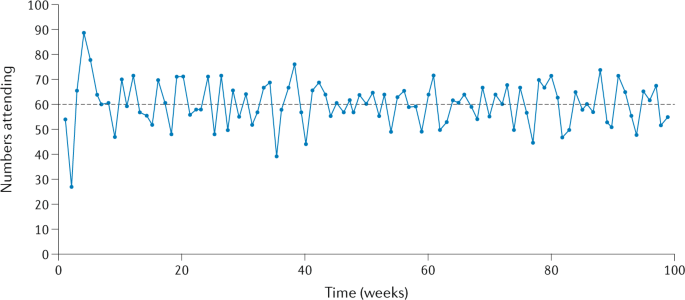Would the world work better if we thought of our economic systems as 'ecosystems' rather than 'machines'?
Think of it like an economy actually functions more like a forest.
Gather around eco-nerds - yes you - the eco-nomists and the eco-logists amongst you.
Without boring you all to death (and potentially losing a reader or two in the process) with a long-winded lecture on our limited understanding of how economics works, here is an interesting fact that might irritate you a little bit.
Our modern systems of economics, the rules by which our money systems are based and managed by learned experts with degrees from fancy universities, are based on the unbelievably simplistic and illogical assumption that all people are rational and predictable and behave in an orderly manner at all times.
Which we all know is simply not true.
The problem is that if a big system is considered to be something that it turns out it is not, then the medicine that you give it when it gets sick will clearly not work; or worse, make it sicker.
The inconvenient truth is that our modern system of economics is incorrectly premised on the false belief that an economy behaves like a machine, that can easily be clearly modeled and understood through mathematics.
The truth is however that economic agents behave more like individual members of a diverse ecosystem than they do like cogs in a machine.
Think of it like an economy actually functions more like a forest - with dynamic and ongoing interplays between agents; parts growing, parts dying, but always alive with messy vitality.
Economic systems are a complex web of interactions and interconnections that are dynamic and opaque and require completely different methods (than the ones currently in favour) to keep them efficiently functioning.
In a groundbreaking economics paper, weirdly published in a nature journal, W. Brian Arthur suggests that our economic systems would work a whole lot better if we simply recognised that they are not predictable and controllable.
Even though neoclassical economists tend to get a hard-on when they think of the world so simply, this paper argues that their fantasy is just that - an illusion.
In conclusion - the people running our economic systems need to grow up and realise that when it comes to money, nothing is straightforward.



